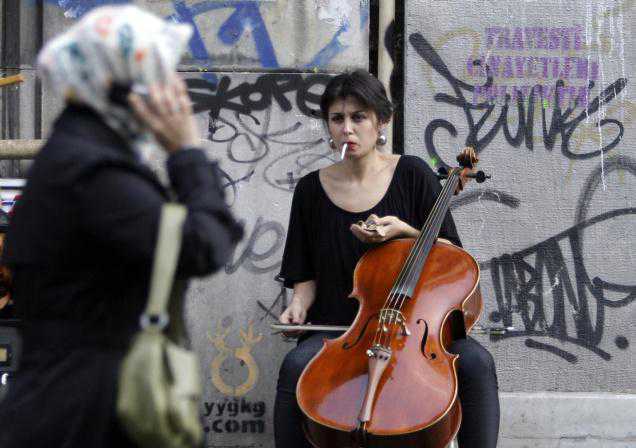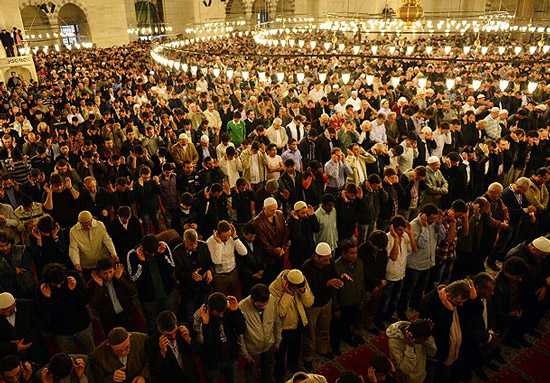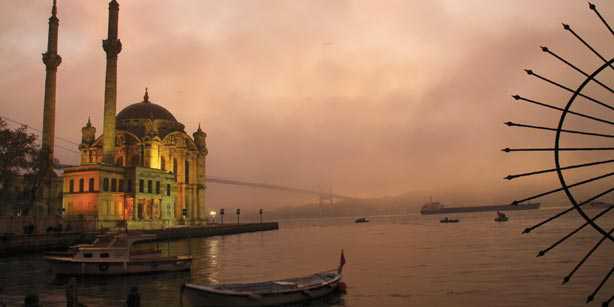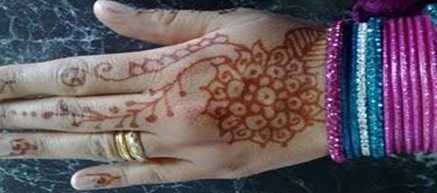London most popular destination for Eid
Dubai, 16 hours, 53 minutes ago
London was the most popular overseas destination among Middle East travellers for Eid al Adha this year, marginally beating out last year’s favourite, Istanbul, from the top spot, a report said.
Leading hotel price comparison site HotelsCombined analysed its online hotel booking demand out of Mena in the lead up to Eid and found that within the GCC, Dubai retained the top destination position yet again, followed by Abu Dhabi.
With an increase of 100 per cent in demand, Abu Dhabi is rapidly gaining popularity among Mena travellers as a hub of culture, sport and leisure, with the average stay value posting at a healthy $ 1,320. However, travellers are willing to spend more on European destinations like London, which posts a significantly higher average stay value of $ 3,300.
Meanwhile, other top Eid destinations like Kuala Lumpur, Paris and Istanbul saw their average hotel values decline as a result of lower hotel prices and currency fluctuations.
Dubai continues to have the same year-on-year popularity with a consistent average stay value of $ 2,050.
Wael El Behi, general manager of Ramada Downtown Dubai, said: “Dubai is by far the best destination in the region and one of the best in the world. It is the favourite destination for the GCC and ME markets due to its proximity to the region’s key capitals, regular and frequent flights from and to the world, innovative infrastructure, abundant array of events and safety and security measures.”
Amer Al Halabi, regional manager of Mena for HotelsCombined, said: “Dubai’s emphasis on family-focused events and its 48-hour shopping sales throughout Eid attract a lot of interest among Mena travellers, especially those from Saudi Arabia. It’s also interesting to note that even though London is a more expensive destination to travel to, Mena travellers continue to flock there in ever larger numbers.”
HotelsCombined notes that hotel prices vary from one booking site to another and recommends that travellers who book online use a meta-search engine to compare prices and find their ideal hotel stay for the best price. – TradeArabia News Service
via London most popular destination for Eid.






